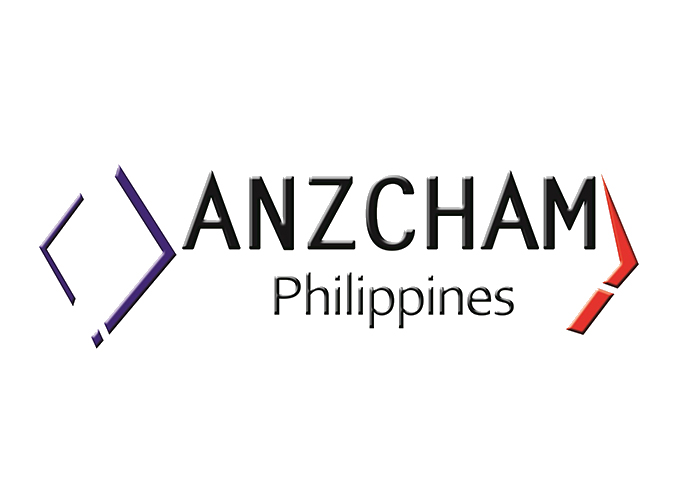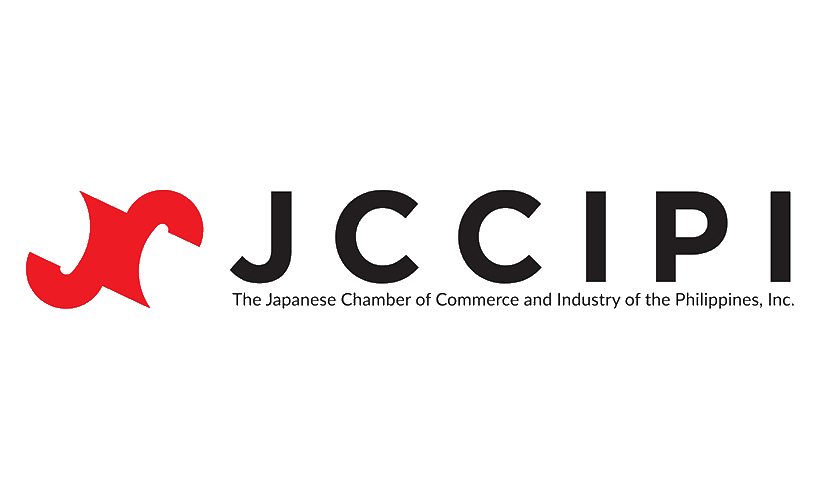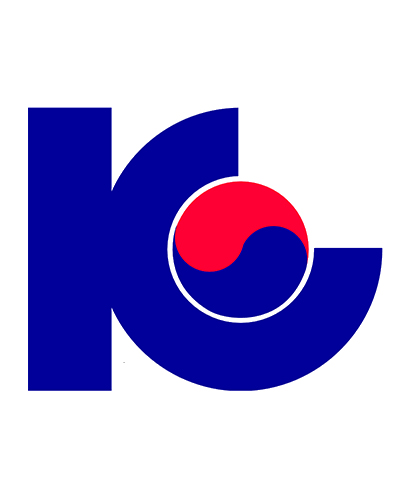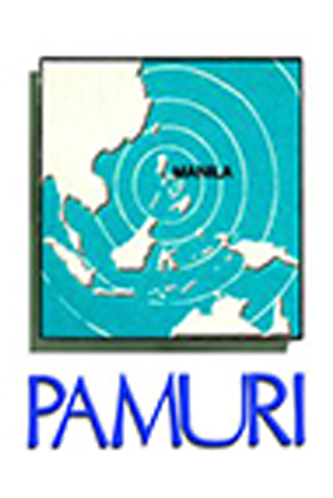Customs chief sets 2015 goals, cites disappointments
February 9, 2015 at 10:59
by BusinessMirror –
IMPROVING the process efficiency of his Customs Commissioner John Phillip P. Sevilla’s top priority for 2015.
Sevilla identified five priorities for the country’s second-largest revenue-generating agency for 2015, even as he let on last year’s biggest disappointments.
At a news conference late last month, Sevilla also reviewed the Bureau of Custom’s (BOC) performance in 2014, noting, in particular, that the agency made “major headway” in reducing smuggling in the country.
He said the BOC was able to stop rice smuggling two months ago, but, “unfortunately,” the practice has resumed, although not in the usual ways or places. He noted the “record amounts” of seized smuggled rice, rice auctions, as well as cases filed against some customs officials involved in seizing smuggled rice
From January to November, the BOC collected P739.33 million representing proceeds from auctions of seized shipments of mostly smuggled rice.
Sevilla said the agency has, likewise, reduced significant amounts of smuggling in fuel, backed by increasing volumes of imports in crude oil, diesel and gasoline by 17 percent, 25 percent, and 10 percent, respectively, compared with the volume in 2013.
“These are abnormally high rates of growth,” Sevilla noted, adding that “there are amounts of fuel that were being smuggled in the past, which are now coming in through legal channels.”
Another indicator of reduced smuggling, Sevilla said, is that the undervaluation of resins, a “hot item” until recently, has stopped. “On the technical smuggling side, I think we have successfully ended the undervaluation of resins,” he pointed out.
To prove this, he said the volume of imported resins increased 23 percent this year, while collections from resin imports surged 78 percent.
On another note, Sevilla listed his “three biggest disappointments” in 2014.
One was that the hiring of new personnel was not as fast as he had wanted. Sevilla said this was because they were careful about hiring and taking the right approach rather than opting to lower standards “to rush things.”
In July this year the BOC started the first phase of hiring recruits for over 1,000 vacant positions to “provide a faster and better standard of service” to stakeholders.
Another disappointment, Sevilla said, was the delay in resolving administrative cases filed against erring customs officials, who “we believe have made mistakes and should be terminated.” In July the BOC filed 80 formal complaints, of which more than 40 were dismissed, while close to 25 to 30 cases have yet to be resolved.
The last disappointment, Sevilla said, was that the BOC was “not able to do much in terms of improving the processing efficiency of import transactions.”
He admitted that public dealings with the BOC were harder in 2014 than in previous years because of the new policy on accreditation that was issued early this year.
The BOC’s mother agency, the Department of Finance, in February changed the accreditation process for importers and customs brokers into a two-tiered process.
Moving forward, Sevilla named five priorities for the BOC in 2015.
First on the list is improving the efficiency of processes, including finishing the processing of 90 percent of imports within four hours, before the end of next year. To achieve this, Sevilla said, the BOC “will redesign our procedures to hit that target.”
A big part of that improvement will result from the new P650-million electronic processing system called Integrated Enhanced Customs Processing System and National Single Window Phase 2, a project currently up for bidding by the Department of Budget and Management.
Sevilla said the project will turn the BOC into an almost “paperless processing system.”
But, even before the new system is up, Sevilla noted the agency has begun reviewing existing processes and procedures to reduce manual processing.
The second priority concerns trade facilitation. The BOC will work on “faster turnaround of processing of cargoes,” especially those issued with alert orders. Sevilla said they target implementing a same-day or next-day examination, from the current practice of one week to one month for examination of a shipment with an alert order.
The customs chief noted that, “in general, I think the alert order function has been used very well” and has helped reduce smuggling and improve collections.
Moreover, the BOC will improve its system for monitoring valuation, as well as resolving disputes in valuation.
On improving efficiency, which, Sevilla said, is the third top priority, the agency “will prepare for a real rollout of the National Single Window” currently utilized by only six out of the 38 government agencies that are supposed to be plugged into it.
The fourth goal is to further curb smuggling. Sevilla said they will also focus on smaller ports, such as Zamboanga and the Mindanao Container Terminal (MCT) in Misamis Oriental, where the agency is not as “aggressive as we need to be.”
Recently, the BOC visited MCT and Zamboanga for a stakeholders’ meeting.
For the fifth and last priority, Sevilla said that, by early February 2015, the BOC intends to make the processing of Philippine Economic Zone Authority imports totally electronic














































